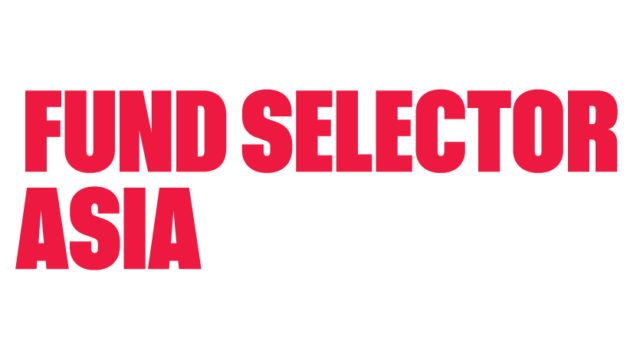The 2% yearly collateral charges and strict regulations in the SAR are causing issuers to close down synthetic ETFs and discouraging them from launching new synthetic products.


The 2% yearly collateral charges and strict regulations in the SAR are causing issuers to close down synthetic ETFs and discouraging them from launching new synthetic products.

During the week, Capital Group brought nine funds to retail investors in the SAR and EIP listed its gold miners ETF, while iShares prepares to launch an ETF tracking the Hang Seng Index next week.
FSA compares the strategy of two exchange traded funds, the iShares CSI 300 A-share index ETF and the CSOP China CSI 300 Smart ETF.
In Asia, ETFs have trouble gathering assets. But Geir Espeskog, managing director of iShares, believes his firm’s Asia AUM could grow 4x over several years, following a pattern in the US.

The four ETFs seek to track key global indices: the S&P 500 index, the Euro Stoxx 50, the Nikkei, and the MSCI EM Asia index.
The iShares MSCI China A UCITS ETF was listed on 13 April. It gives both institutional and retail investors access to China’s A-share equity market. The fund will invest in large and mid-cap companies and track the MSCI China A International Index. Despite the more accommodating nature of the A-shares market seen in the past […]
Part of the Mark Allen Group.
